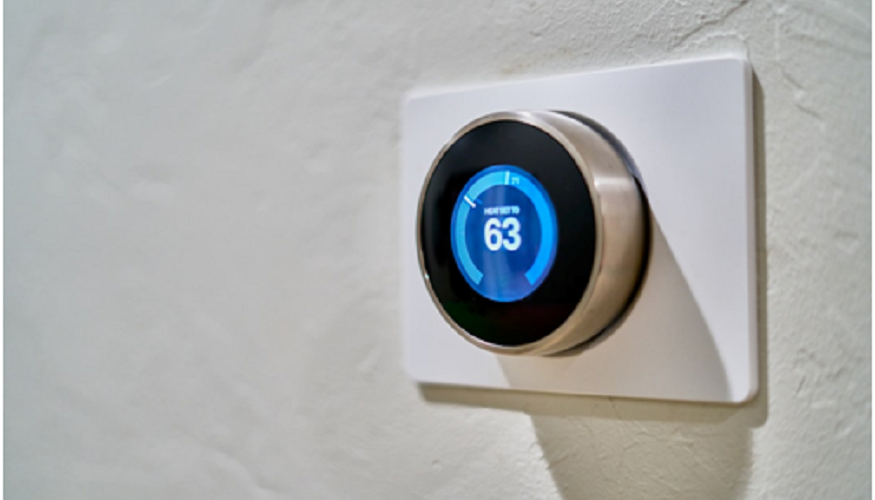Energy management is becoming more intelligent and sustainable, making smart metering systems increasingly essential. These advanced systems rely on the seamless data exchange between IoT-enabled meters and utility servers. This optimises energy distribution, reduces costs, and enhances customer experiences. However, the success of these systems hinges on robust IoT connectivity management platforms that ensure reliable, secure, and efficient communication.
This article explores the importance of reliable IoT connectivity in smart metering and how IoT connectivity management platforms transform the utility landscape. It also discusses the challenges in these systems and how innovative solutions address them.
The Backbone of Smart Metering: IoT Connectivity
The smart metering system includes IoT sensors and meters that capture and transmit real-time consumption data. Utility companies analyse this data to monitor energy distribution, detect anomalies, and optimise resource allocation. However, for this data to be useful, it must be transmitted reliably and securely from the meters to the utility’s servers. This is where IoT connectivity management platforms come into play.
These platforms provide a centralised hub for managing and optimising the connectivity of smart meters across diverse locations and networks. They ensure that data is transmitted continuously and securely, even in remote areas where traditional connectivity options may be limited.
Key Benefits of Reliable IoT Connectivity
Reliable IoT connectivity is essential for the smooth and efficient operation of smart metering systems. Here are the key benefits:
- Real-Time Monitoring and Data Accuracy: IoT connectivity enables smart meters to provide real-time data on electricity, water, or gas consumption. This eliminates the need for manual readings and reduces billing errors, empowering consumers to make informed usage decisions.
- Operational Efficiency: Reliable IoT platforms streamline operations by automating meter readings and customer billing through Advanced Metering Infrastructure (AMI). Utilities benefit from reduced infrastructure costs and fewer personnel requirements, leading to significant cost savings over time.
- Scalability and Global Coverage: Cellular solutions like LTE Cat M1 and NB-IoT let businesses install IoT smart meters in many places, even remote areas. Embedded eSIM technology ensures seamless connectivity across different regions and networks, making it easier to scale operations globally.
Addressing the Challenges of IoT Connectivity
IoT connectivity management platforms offer many benefits. However, they also face challenges that must be addressed for smart meters to work smoothly.
Security Concerns
One of the primary concerns surrounding IoT connectivity is the security of sensitive consumer data. As smart meters transmit large volumes of data across networks, they become potential targets for cyber-attacks and data breaches. To address this, IoT connectivity management platforms incorporate advanced security measures like mutual authentication and cryptographic mechanisms to safeguard data integrity.
Moreover, cellular networks provide tamper-proof communication channels, reducing vulnerabilities to physical tampering or data interception. Secure connectivity solutions like eSIMs and iSIMs further enhance the security of IoT devices by providing an additional layer of protection.
Connectivity Management
Managing connections for thousands or millions of smart meters in different places and networks can be very challenging. IoT connectivity management platforms simplify this process by providing a centralised hub for monitoring, configuring, and updating devices remotely.
| Feature | Benefit |
| Multi-Network Support | Ensures ubiquitous coverage by aggregating connectivity across multiple networks (e.g., cellular, LoRaWAN) |
| Device Management | Enables utilities to monitor, update, and manage smart meter fleets remotely, improving operational efficiency and reducing maintenance costs |
| Security and Updates | Provides secure over-the-air updates and firmware management to protect against vulnerabilities and ensure compliance with evolving standards |
Using these features, utilities can optimise the performance of smart metering systems, ensuring reliable data transfer and minimising downtime.
The Role of Airtel IoT in Smart Metering
Airtel IoT plays a significant role in enhancing smart metering systems. Using cellular IoT technologies, Airtel IoT provides the connectivity backbone needed for smart meters to communicate efficiently with utility servers.
Cellular Network Provision
Airtel offers reliable and widespread cellular connectivity, enabling smart meters to transmit data continuously, even in remote locations. With its extensive network coverage across India, Airtel ensures that utilities can deploy smart metering systems seamlessly, without worrying about connectivity gaps.
Data Analytics and Insights
Airtel IoT can help utilities analyse data from smart meters to optimise energy distribution and customer engagement strategies. It uses smart analytics and machine learning to give insights into usage, demand, and network performance.
Security and Management
Airtel offers secure connectivity solutions and manages IoT devices through its network, ensuring data privacy and integrity. With its cybersecurity and device management expertise, Airtel IoT can help utilities safeguard their smart metering systems against potential threats and vulnerabilities.
The Future of Smart Metering
As the adoption of smart metering systems continues to grow, the importance of reliable IoT connectivity management platforms will only increase. According to a MarketsandMarkets report, the global smart meters market is expected to reach $28.6 billion by 2025. It is projected to grow at a CAGR of 9.2% from 2020 to 2025. This growth is driven by increasing energy consumption, government initiatives to promote energy efficiency, and the need for better customer engagement.
To meet this growing demand, utilities must prioritise the deployment of robust IoT connectivity management platforms that can scale with their operations. They must also invest in advanced technologies like AI, machine learning, and edge computing to enhance the capabilities of their smart metering systems.
Moreover, as the world moves towards a more sustainable future, smart metering systems will play a crucial role in integrating renewable energy sources into the grid. These systems give real-time data on energy use and production, helping utilities use renewables better and cut carbon emissions.
Conclusion
Reliable IoT connectivity management platforms are the backbone of smart metering systems, enabling utilities to deliver efficient, sustainable, and customer-centric services. With IoT and smart analytics, utilities can improve energy distribution, lower costs, and offer better service to customers.
As a leading provider of IoT connectivity solutions, Airtel IoT is well-positioned to support the growth of smart metering systems in India. Airtel IoT offers a strong cellular network, secure connectivity, and device management expertise. This helps utilities get the most from smart metering and move toward a smarter, greener energy future.

